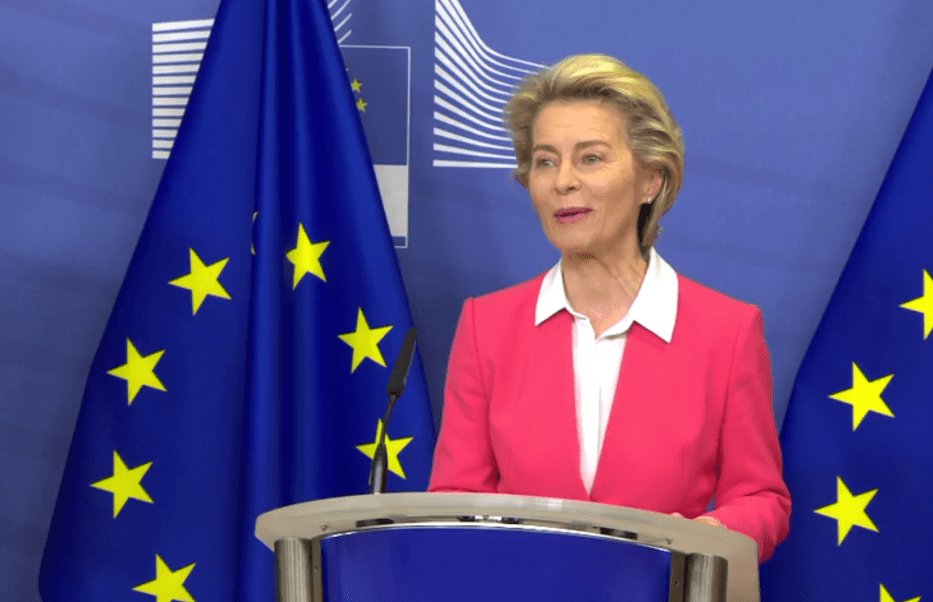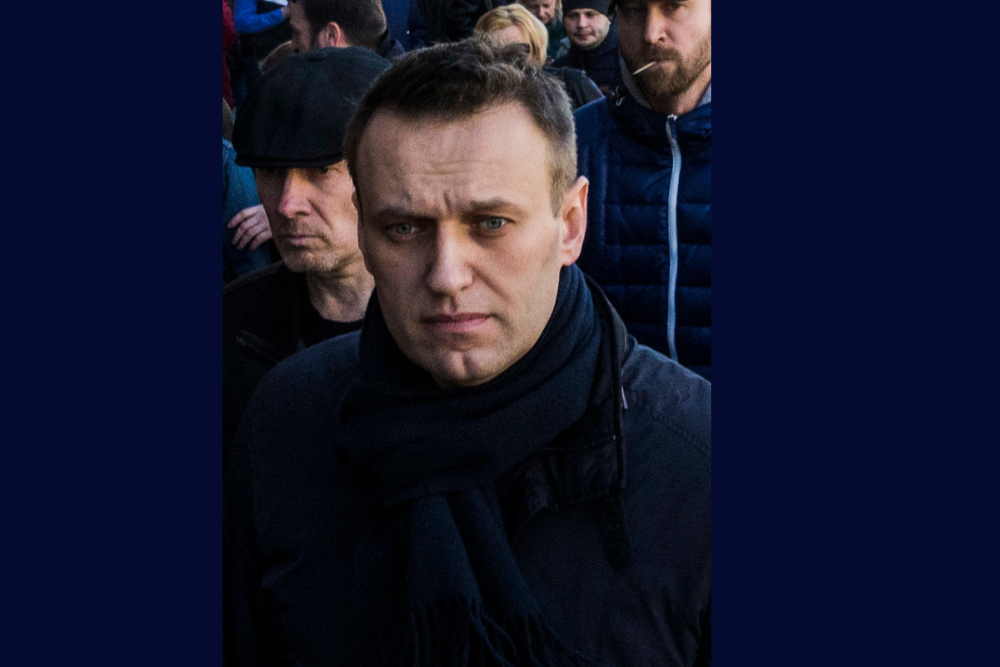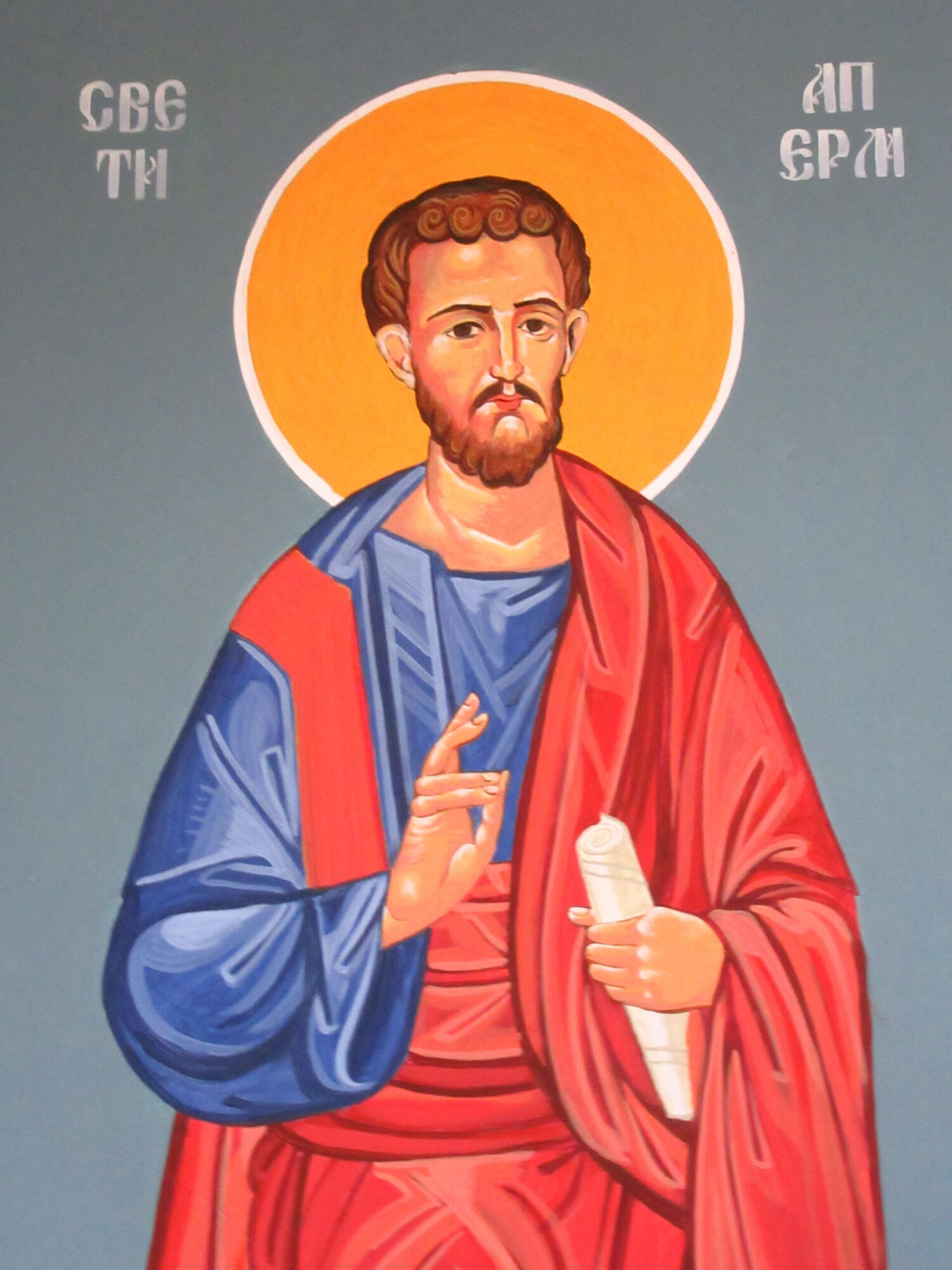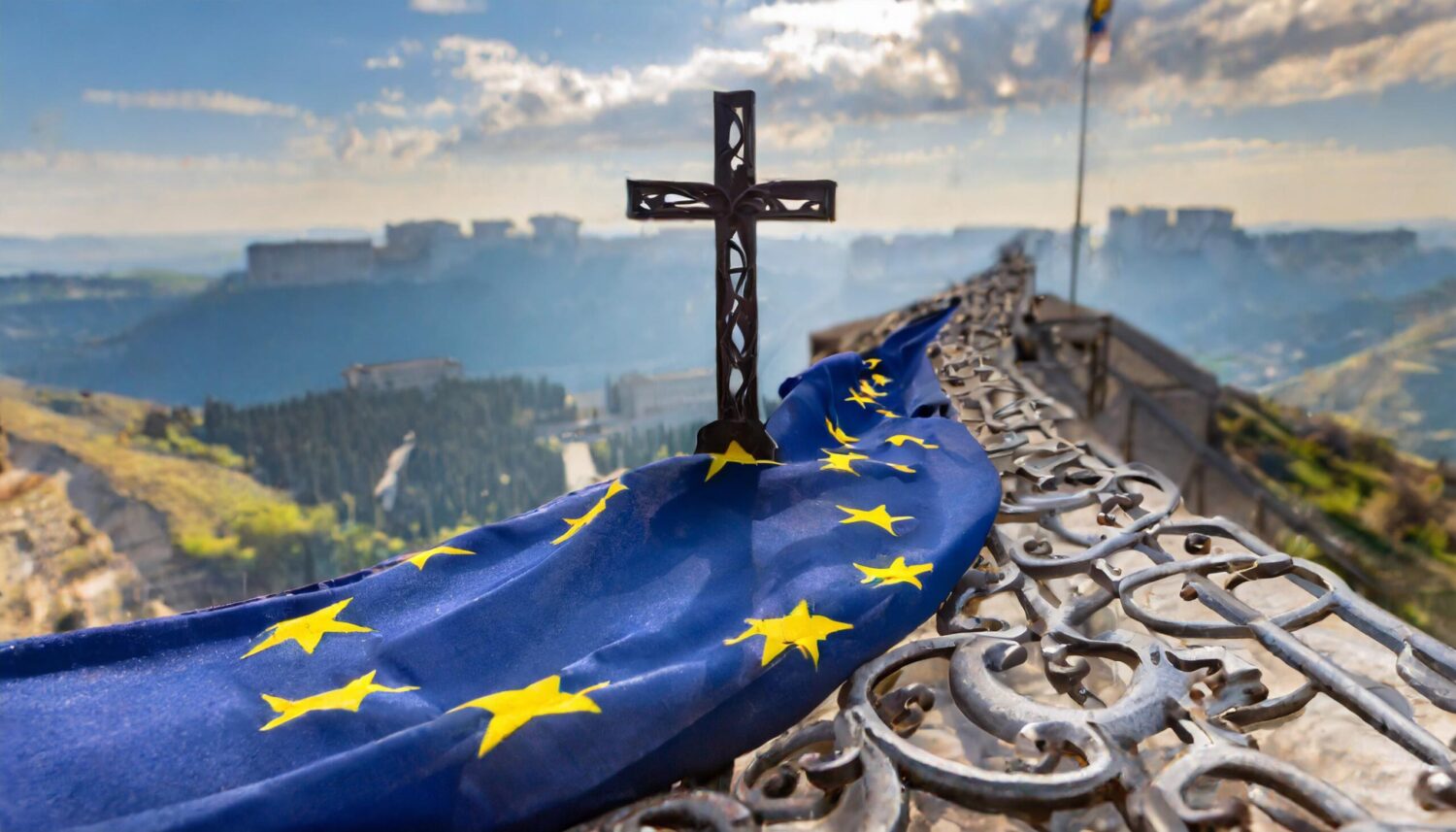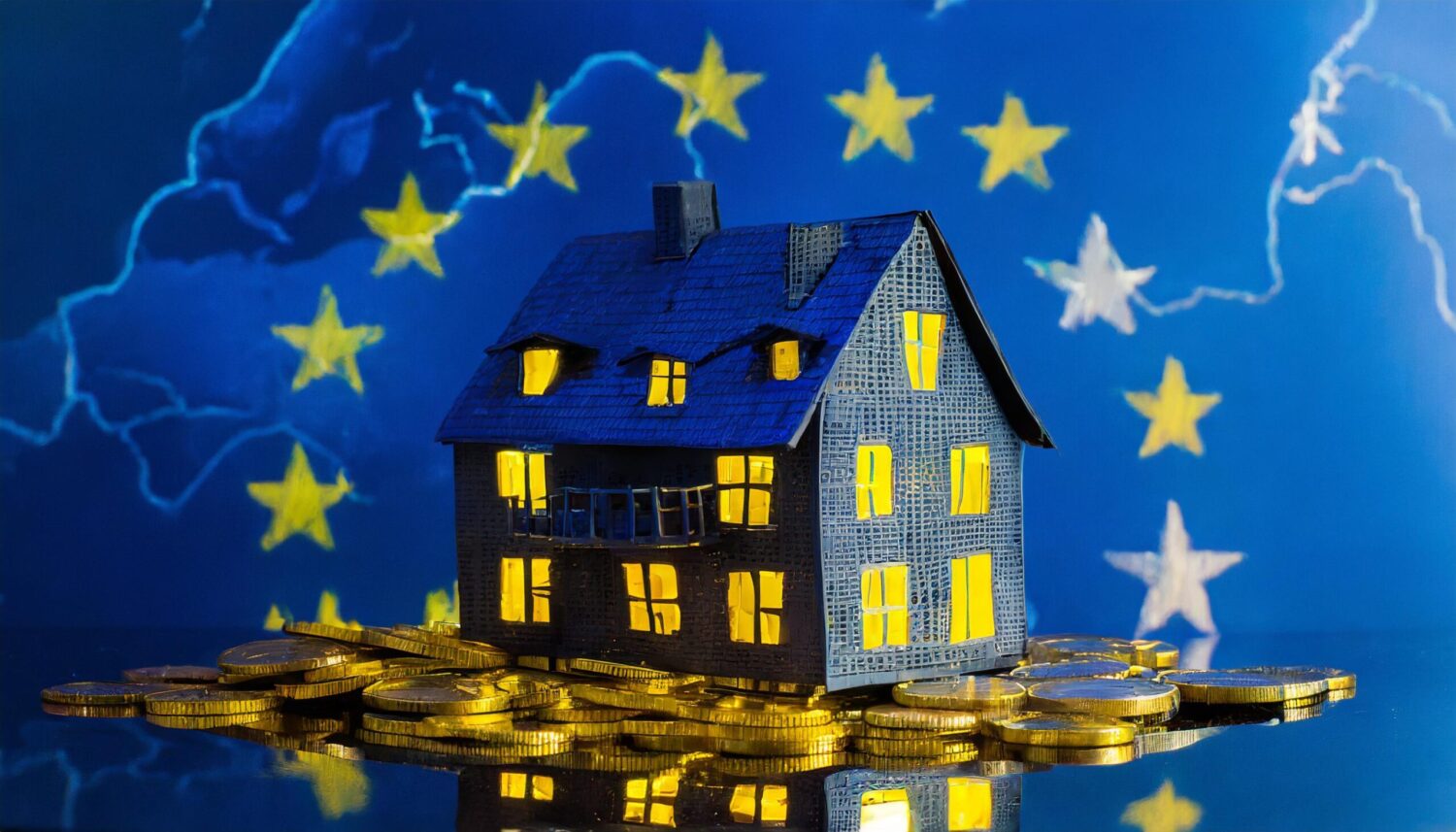In a decisive move within the European People’s Party (EPP), the submission period for lead candidate nominations for the Presidency of the European Commission closed today at 12 pm CET. EPP President Manfred Weber received a singular nomination letter from Christlich Demokratische Union (CDU, Germany), putting forth Ursula von der Leyen as the lead candidate. This nomination was further bolstered by endorsements from two EPP member parties, Platforma Obywatelska (PO, Poland), and Nea Demokratia (ND, Greece), solidifying von der Leyen’s candidacy.
The upcoming steps in the selection process, as outlined in the “Procedure and Timetable for Candidacies,” entail a review of the nomination at the EPP Political Assembly scheduled for 5 March 2024. Following validation, the candidacy will proceed to a crucial vote at the Party Congress in Bucharest on 7 March 2024. With no other candidates put forward, all eyes are on the EPP’s internal proceedings as they pave the way for the selection of their lead candidate for the prestigious role of European Commission Presidency. The nomination of Ursula von der Leyen sets the stage for a significant moment in European politics, marking a pivotal juncture in the path towards determining the future leadership of the European Commission.
The process of selecting lead candidates for the European Commission Presidency, also known as the Spitzenkandidaten process, gained prominence in the 2014 European Parliament elections. This innovative approach aimed to enhance the democratic legitimacy of the European Union by linking the election results directly to the appointment of the Commission President. The lead candidate of the political group that secures the most seats in the European Parliament is traditionally nominated for the Commission Presidency, subject to approval by the European Council.
While the Spitzenkandidaten process has faced challenges and debates over its legitimacy and implementation, it remains a significant mechanism for engaging European citizens in the selection of the Commission President. The nomination of Ursula von der Leyen as the EPP lead candidate underscores the continued relevance and evolution of this process in shaping the future leadership of the European Union. As the EPP progresses through its internal review and voting procedures, the outcome will not only determine the party’s candidate but also influence the broader political landscape of the European Commission.



